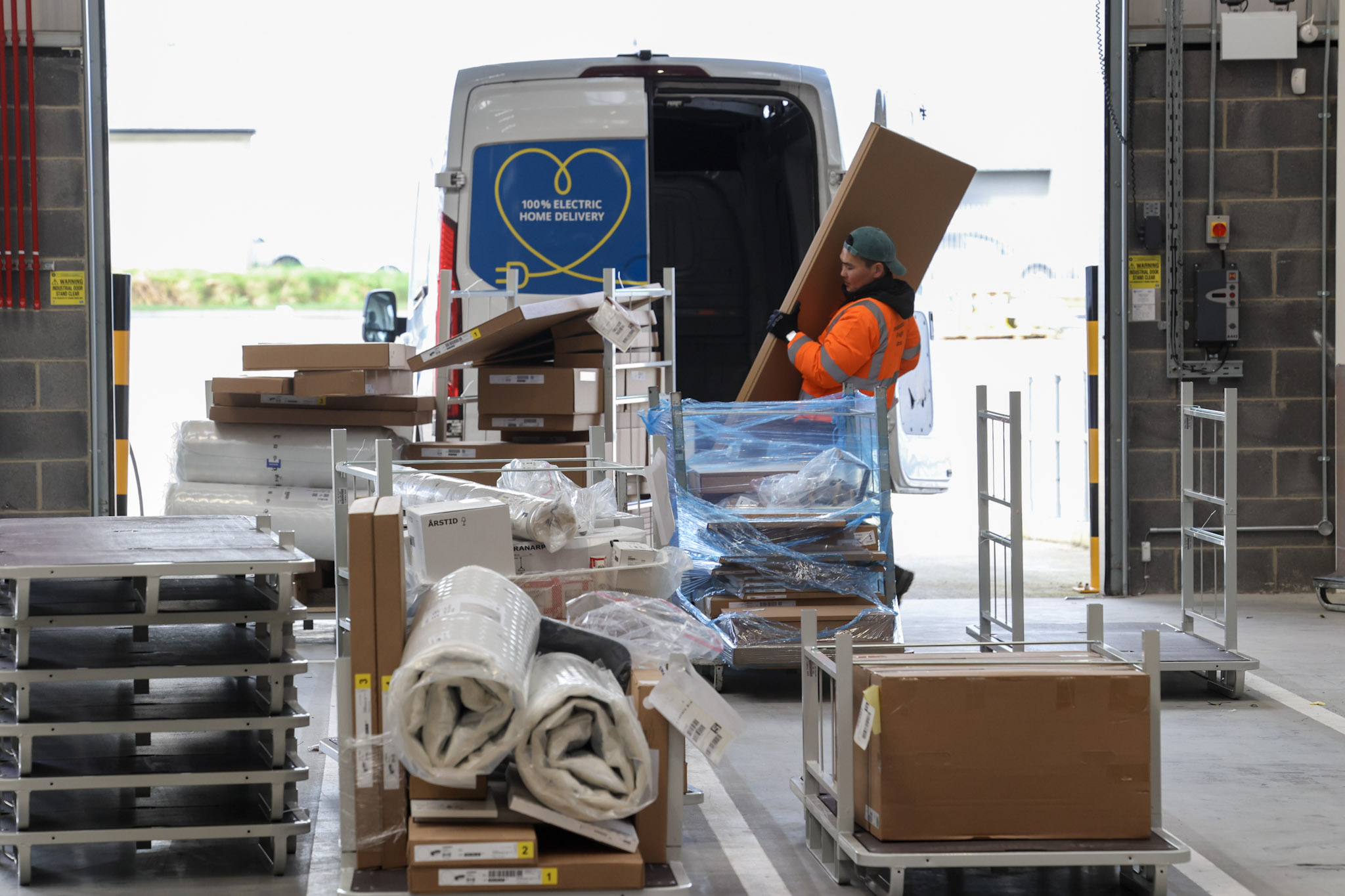Courier and delivery companies set up to service high levels of online demand during the pandemic now seem to be closing as that demand subsides following the end of Covid-19 restrictions. Business closures were 23% higher in the first quarter of this year than a year earlier, according to the Office for National Statistics (ONS) Business Demography report covering January to March 2022 – an experimental series of reports. They were 75% higher in the transport and storage industry, with the highest rate of closures seen in road freight transport and courier activities. Fifteen per cent more retail businesses also closed over the same period.
The report measures businesses removed or added to the UK’s Inter-Departmental Business Register (IDBR), which gets data from VAT and PAYE systems as well as from ONS business surveys and Companies House. Businesses are removed when turnover or employment fall to zero for several quarters or if the ONS is informed that the business has stopped trading.
The high level of closures follows “significant” increases in business creations in those industries in 2020 and 2021, says the ONS report, which puts the total number of business closures during the quarter at 137,210. The number of business closures rose in 15 out of 16 main industry groups – led by transport – and closures were at the highest rate since 2017. In all, 15,005 freight transport businesses failed in the first quarter up from 8,590 a year earlier. And 10,055 retail businesses closed in the first quarter of 2022, compared to 8,770 in the same period of 2021 – a 15% increase.
The online share of UK retail sales peaked in the third UK lockdown, reaching 37.1% of retail sales in February 2021, before steadily subsiding ever since. In March 2022, they stood at 26%.
During the same period, 136,390 businesses were created – the same level as a year earlier. The number of retail businesses created fell by a third (-34%). New businesses had an average of 2.2 members of staff – down 19% from the 2.7 average start-up founded in the first quarters of the year, between 2017 and 2021. “Businesses that have been created since the coronavirus (COVID-19) pandemic began tend to be smaller in terms of employment than those created before the coronavirus pandemic,” says the ONS report.
David Jinks, head of consumer research at delivery comparison website ParcelHero, says: “Lockdown restrictions forced people into sending their gifts rather than deliver them in person. At the same time, the closure of all non-essential stores created a boom in home deliveries. The market is now readjusting as friends and families reunite and shoppers flock back to the High Street. It’s significant that this new ONS Business Demography analysis identifies road and courier activities (unlicensed carriers) as the two main sectors responsible for the bulk of transport and storage industry closures. This supports our view that many of the courier start-ups that crested the wave of demand during the pandemic have now hit problems.
“These closures are the flip-side of the significant growth in the sector in 2020 and 2021. In Q1 2020, 8,160 new delivery start-ups opened and, in the same period in 2021, 10,680. These were often smaller SMEs, employing an average of 2.1 people. Now the peak in demand has diminished, many of these new companies have struggled to maintain volumes.
“In many ways, though the sheer number of failures is surprising, the underlining reasons are not. It’s no coincidence that Amazon has just announced its first quarterly loss since 2015. In March this year, online orders fell -21.8%, compared to the same month in 2021. Online sales, the majority of which are home deliveries, now account for around 26% of the retail market, rather than the 37% they held at the peak of Covid restrictions last year. That means many freight and parcel companies are having to restructure their operations. Some have clearly been unable to do so in time. Those freight transport companies whose main custom was with cross-Channel EU contracts have also been hit by new Brexit regulations, which kicked in at the beginning of 2021. Trade with the EU, especially for SME businesses and their logistics partners, has collapsed, mostly because of new red tape and complicated taxes and ‘proof of origin’ regulations.”










